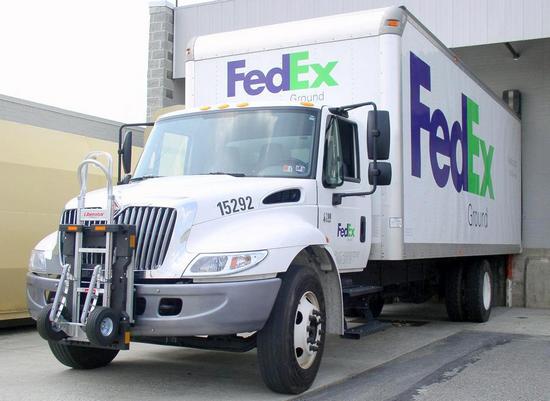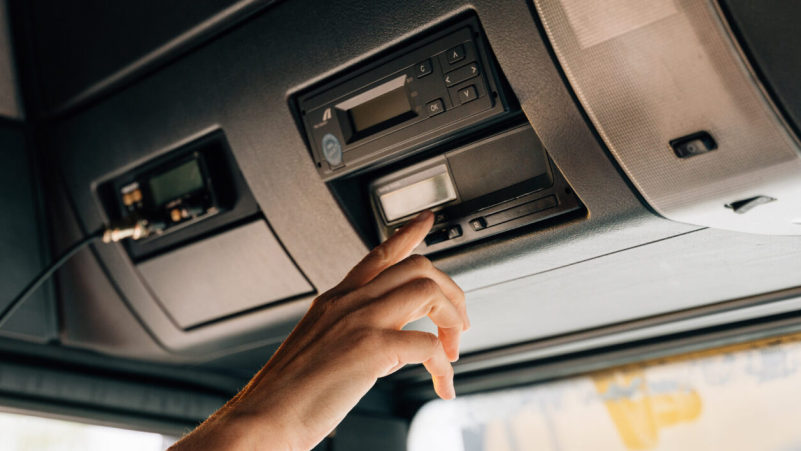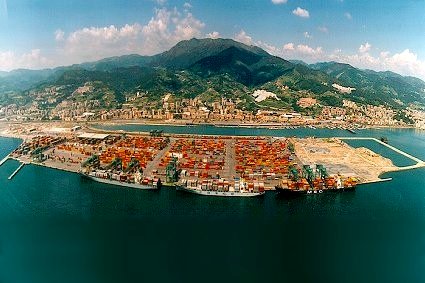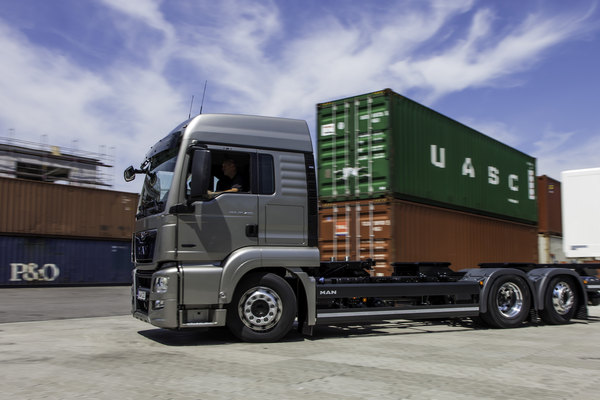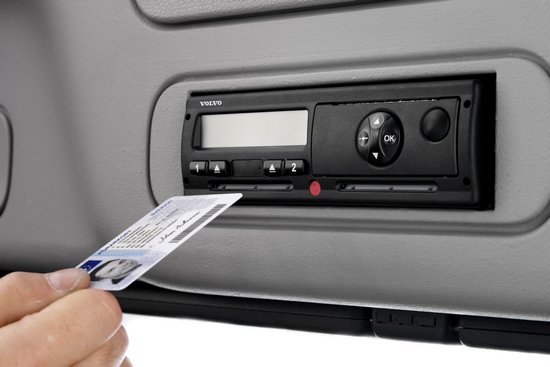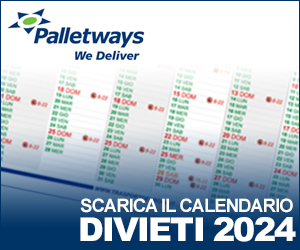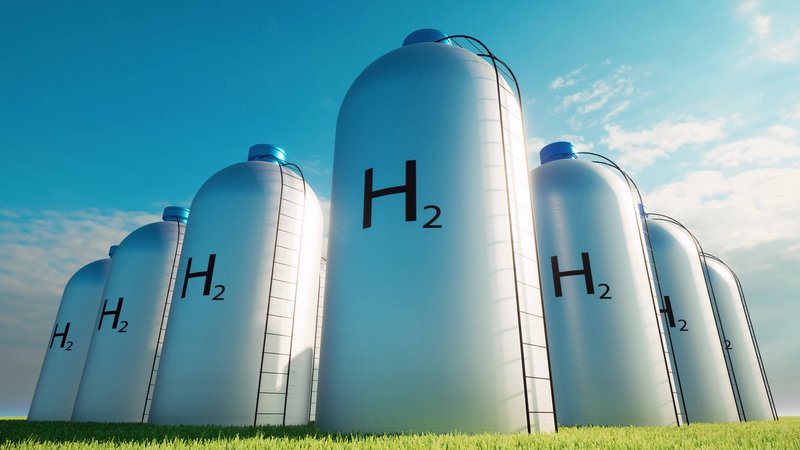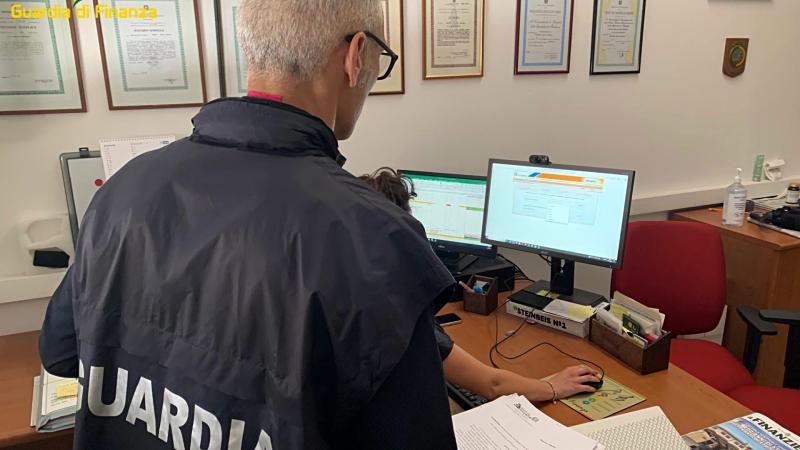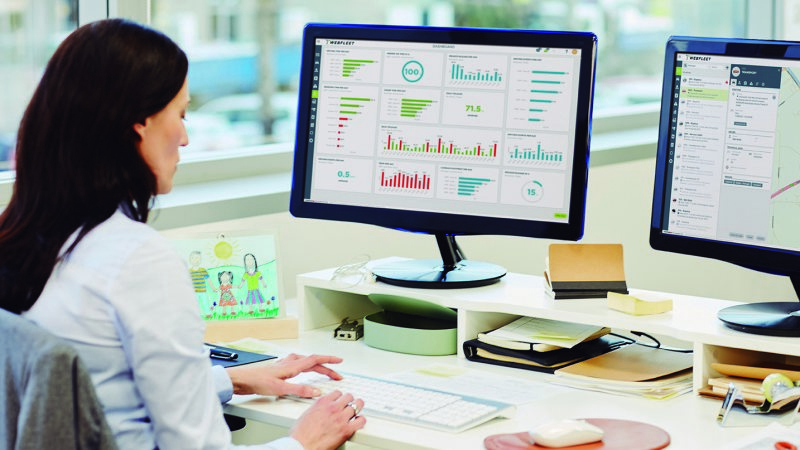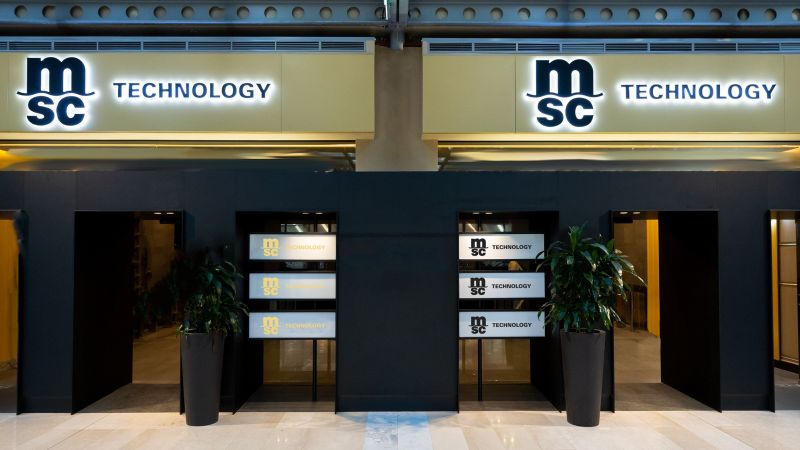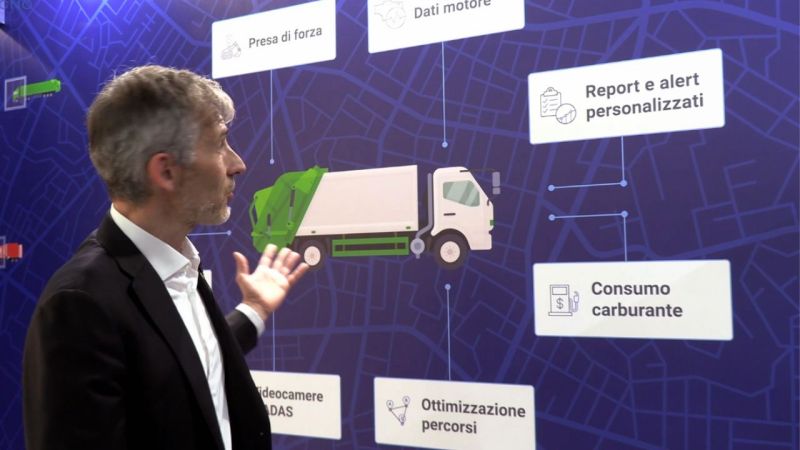Starting January 1, 2025, Lufthansa Cargo will add the increased costs of SAF to its Airfreight Surcharge. The announcement, made on September 24, 2024, explained that this decision comes in response to new environmental regulations that require airlines to use a certain percentage of SAF in their flights, particularly for departures from European Union countries. Initially, the mandatory blending percentage will be set at 2%, but this is expected to increase over time, both within the EU and in other countries such as India, Singapore, and Japan. For example, the European percentage is projected to reach 6% by 2030, while the UK and Japan will require 10%.
SAF is a key component in the sustainable energy transition for the aviation industry. However, current production of this fuel is limited, and its costs are three to five times higher than fossil fuels. To increase the use of SAF, a political support strategy is needed to boost availability in large volumes and bring down prices.
The Airfreight Surcharge system has been in place since 2015 and covers additional costs that Lufthansa Cargo cannot control, such as fuel price increases, currency fluctuations, or security expenses. This flexible system monitors costs through a standardized index. If necessary, the surcharge is adjusted and applied to the net price of each shipment. Since regulations vary from country to country, the ASC rates may differ accordingly.



